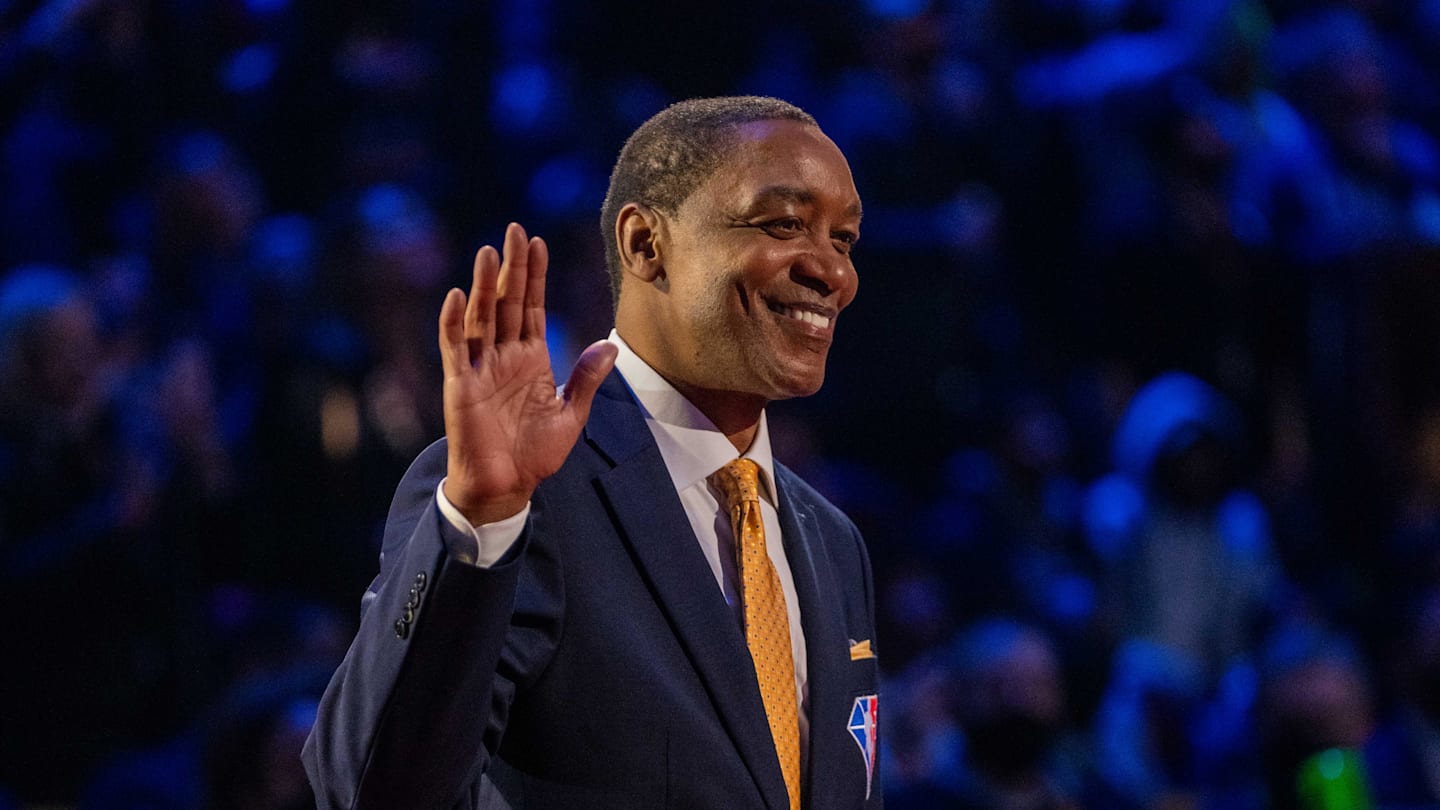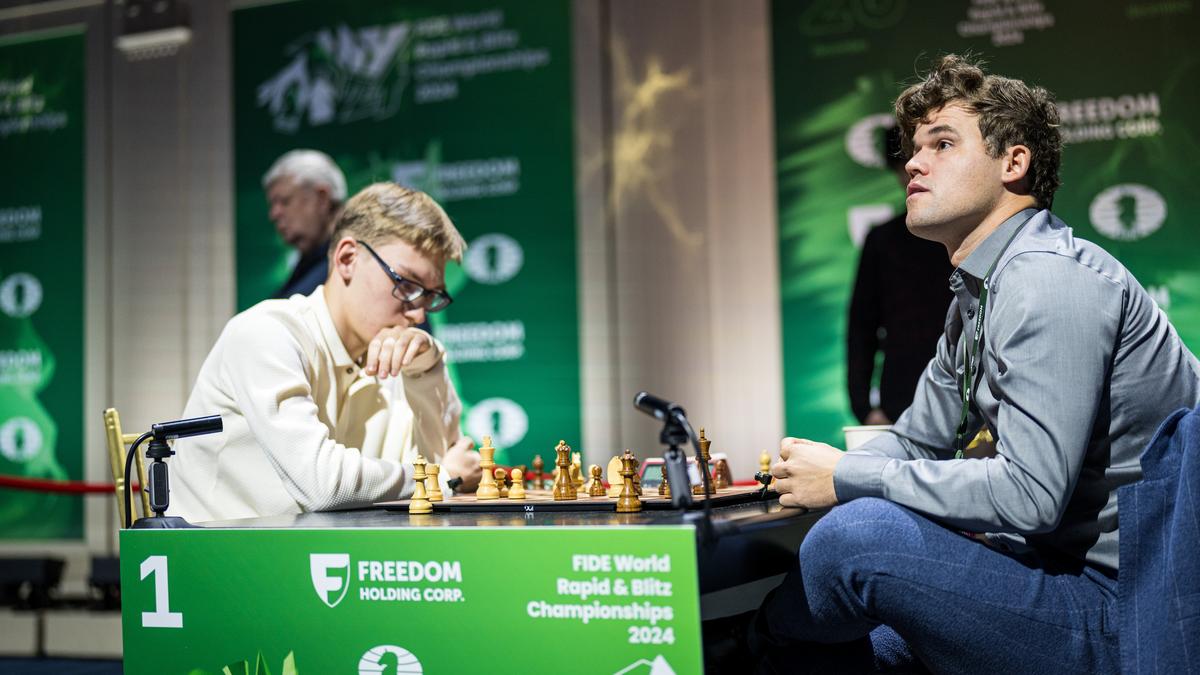Bussiness
Top NATO military chair warns business leaders to prepare for ‘wartime scenario’

The chair of NATO’s military committee warned business leaders to prepare for a “wartime scenario” and bring their production lines back home, rather than relying on China or Russia, to avoid blackmail or sabotage — as former and future US President Donald Trump has vowed to restore his “America First” agenda.
Speaking at an event Monday for the European Policy Centre think tank, Dutch Adm. Rob Bauer said instability in global politics could leave businesses at the mercy of foreign governments, especially if war were to break out.
“Businesses need to be prepared for a wartime scenario and adjust their production and distribution lines accordingly,” Bauer said. “Because while it may be the military who wins battles, it’s the economies that win wars.”
The NATO military chair said Europe has already gotten a taste of this over the tumultuous Gazprom fuel deal, the terms of which Russian President Vladimir Putin stepped in to change following the European Union’s backing of Ukraine in 2022.
“We thought we had a deal with Gazprom, but we actually had a deal with Mr. Putin,” Bauer said.
“And the same goes for Chinese-owned infrastructure and goods. We actually have a deal with [Chinese President] Xi [Jinping].”
The NATO military chief noted that 60% of all earth materials are produced in China, with 90% of the products also processed there.
The bulk of ingredients for critical health care items, including sedatives, antibiotics, anti-inflammatories and low blood pressure medicines, all come from China as well, Bauer said.
He warned that it would be naive for business leaders to believe that the Chinese Communist Party would not stoop to targeting foreign business in its country to disrupt the economies of potential adversaries.
The dire warning comes as Trump has vowed to prioritize an “America First” agenda, which could include setting 60% tariffs on most goods imported from China in an effort to protect domestic industries.
Economists expect the policy to start early next year with 40% tariffs on imports, which would be a significant blow to China.
The incoming president also claimed his first call from the Oval Office would be to his Chinese counterpart to demand he follow through on a $50 billion farming deal.
The deal, made during Trump’s tariff negotiations in his first term, called on China to purchase $50 billion worth of American agricultural goods, on which he claimed Xi has failed to follow through.
Experts say Trump’s plan would hinder China’s economic plan for 2025 by a whole percentage point, and it remains unclear how Beijing might respond.
During the event Monday, Bauer also called on Trump and European leaders not to end the conflict in Ukraine with a victory for Russia, warning it would set a dangerous precedent for Moscow and Beijing to do as they please against the West.
While on the campaign trail, Trump suggested a diplomatic end to the war that includes Russia being allowed to keep the territory it has invaded, which would be a significant win for Putin.
Moscow currently controls about one-fifth of Ukraine after launching its invasion in February 2022, including Crimea and the vast majority of the Donbas, Zaporizhzhia and Kherson regions.
With Post wires









